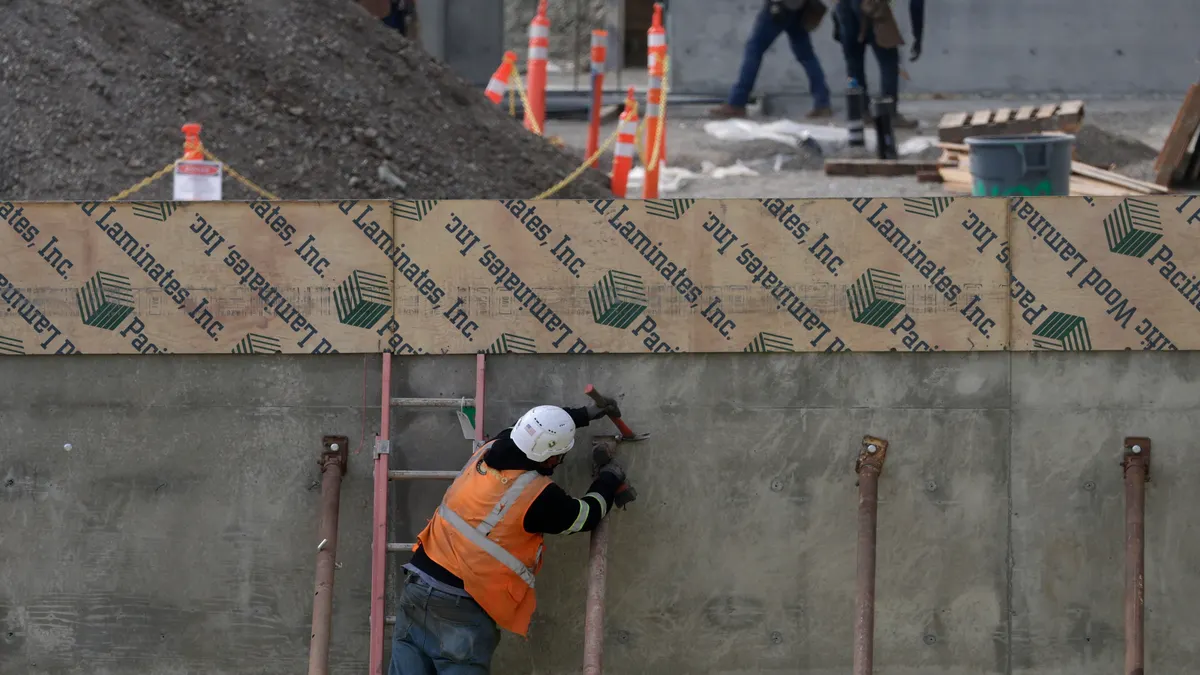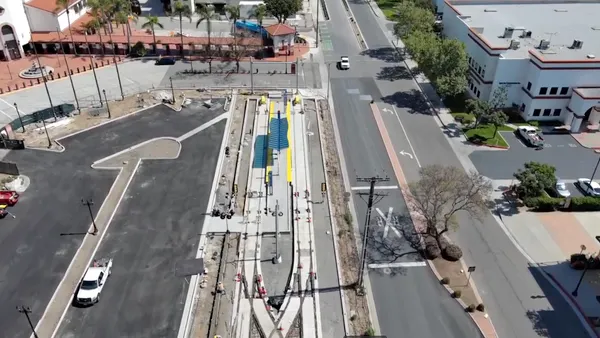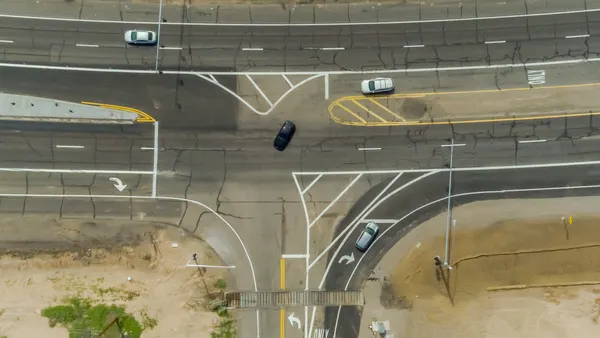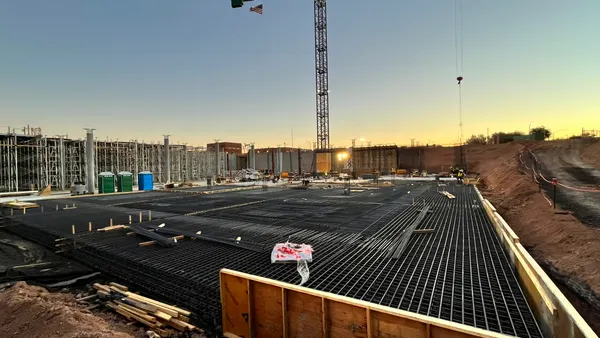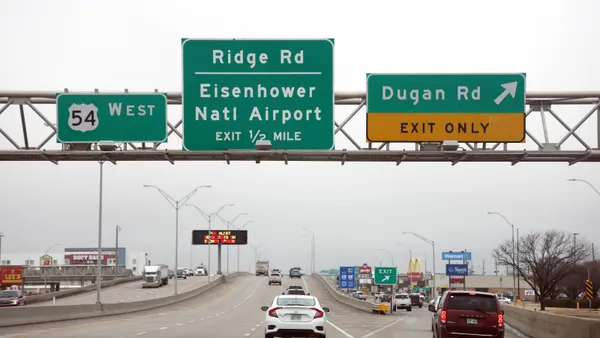Dive Brief:
- Senate Majority Leader Mitch McConnell (R-KY) expressed his opposition Monday to a "$1 trillion stimulus" that could potentially result from President-elect Donald Trump's infrastructure plan, according to MarketWatch.
- McConnell and other Republicans have consistently blocked other infrastructure spending bills that would have funded projects because they would have also increased debt.
- Trump’s plan currently centers around private investment, but questions remain of how direct federal funding would come into play.
Dive Insight:
Trump's original plan did not suggest that the government dump $1 trillion into infrastructure, as he proposed that private investors finance revenue-generating projects in exchange for an 82% tax credit based on equity investment. Trump said the tax credit would pay for itself when contractors and employees working on those projects paid corporate and personal income taxes on money earned.
Incoming Senate Democratic Leader Charles Schumer (NY) said the tax break was a "gimmick" that he would not approve. He said it was possible that Congress and the administration could come together to pass an infrastructure bill in the first 100 days of the new president's administration but that the plan should be funded through direct government investment with revenue from corporate tax reform.
Last month, Trump advisers said he is now considering establishing an infrastructure bank, a strategy that they criticized Democrat Hillary Clinton for suggesting during the campaign.
House Republicans recently drew the ire of Democrats when they introduced a continuing resolution that funded the government through Aprild but elayed an anticipated $2.4 billion bump in Fixing America’s Surface Transportation (FAST) Act funding. The money was supposed to be made available at the beginning of the year, and Democrats argue that an April send will be too late to help companies that will have already started their spring construction programs.



